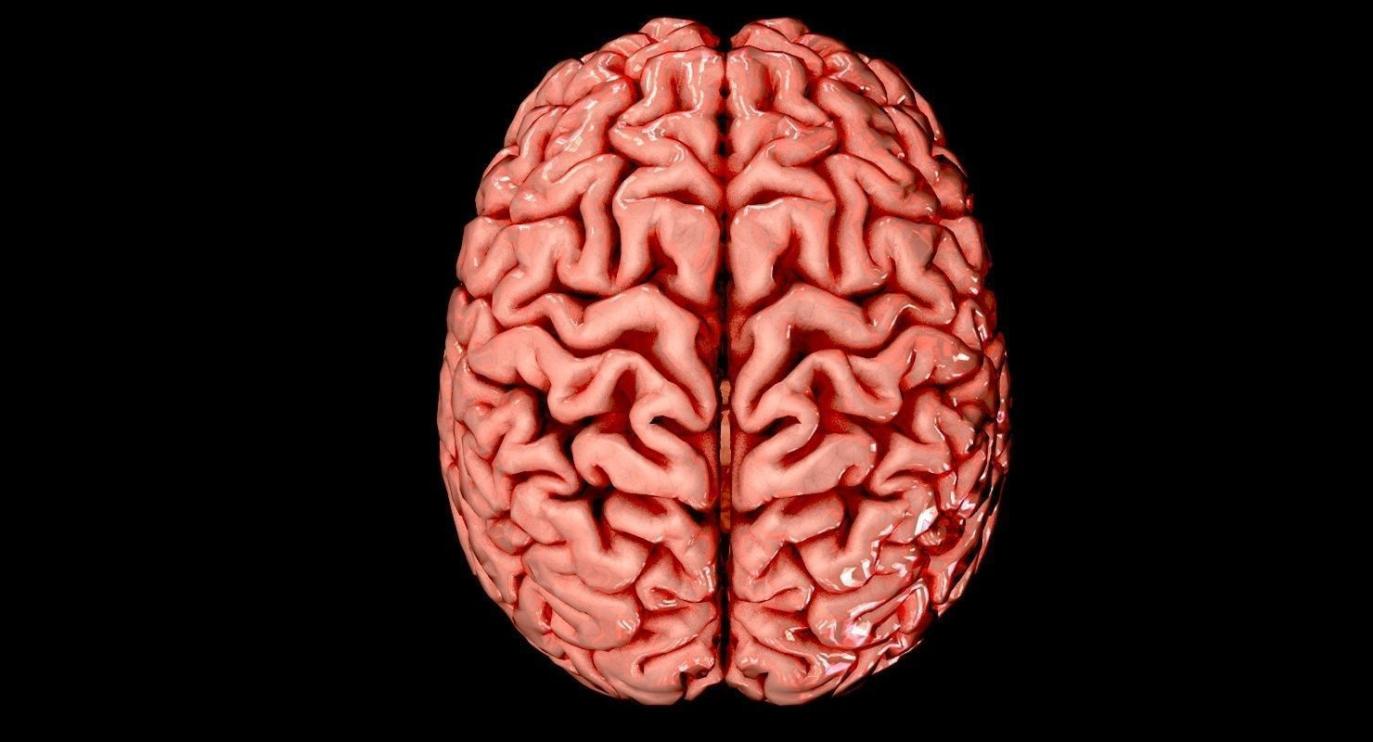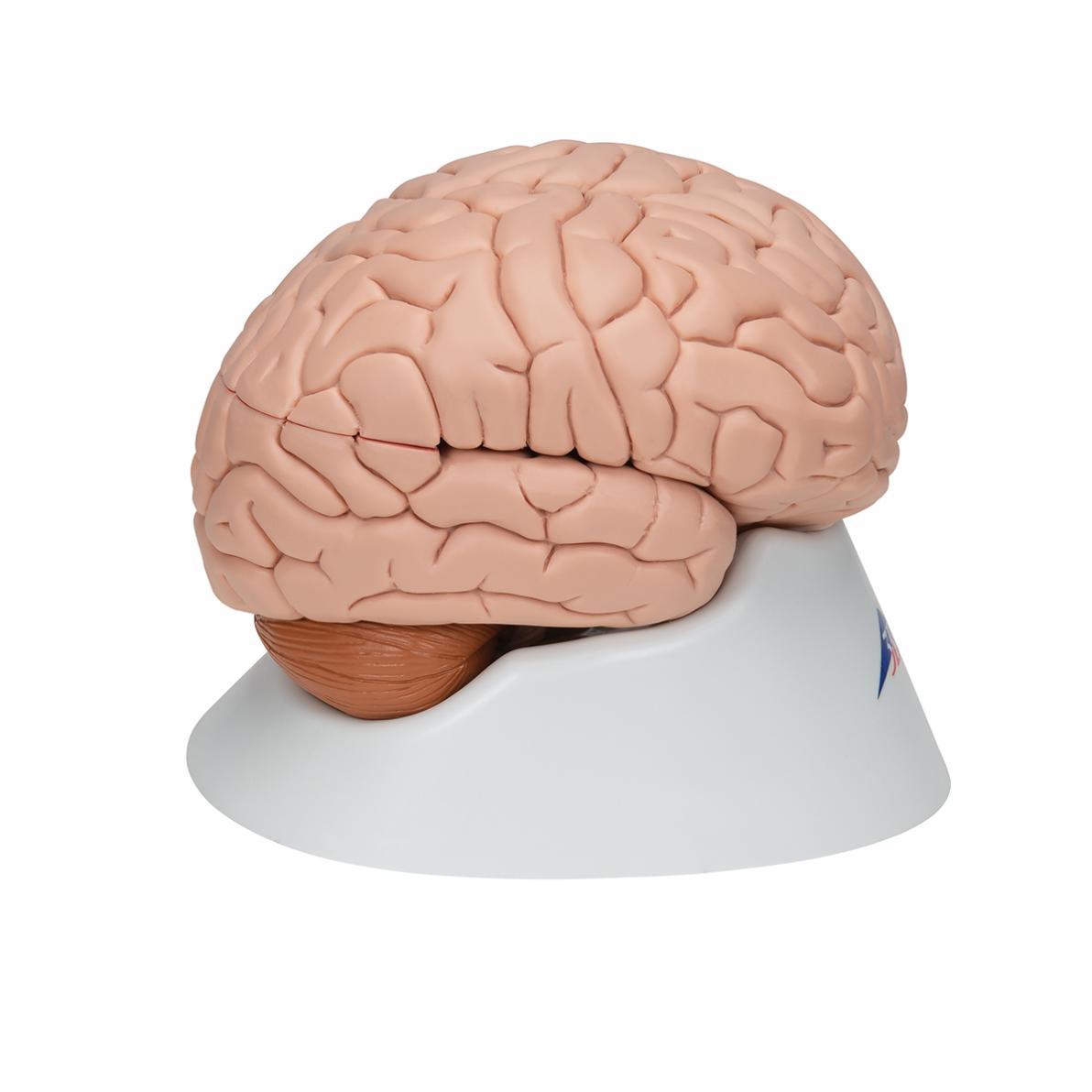How Does the Brain Store Memories?
Memories are the building blocks of our lives, allowing us to learn, adapt, and navigate the world around us. From our earliest childhood experiences to the most recent events, our memories shape who we are and how we interact with the world. But how does the brain store these vast amounts of information, and what are the mechanisms that enable us to recall them when needed?

The Role Of The Hippocampus
The hippocampus, a small structure located deep within the brain, plays a crucial role in the formation and consolidation of memories. It acts as a temporary storage facility, receiving sensory information from various brain regions and processing it into a form that can be stored long-term.
- The hippocampus is particularly involved in the formation of episodic memories, which are personal experiences tied to a specific time and place.
- It also plays a role in spatial memory, helping us navigate our environment and remember the layout of places.
- The hippocampus consolidates memories from short-term to long-term storage, a process that involves the strengthening of synaptic connections between neurons.
Different Types Of Memory
Memories are not all created equal. There are different types of memory, each with its own unique characteristics and neural mechanisms.
- Short-term memory: Stores information for a brief period, typically a few seconds or minutes. It is used to hold information temporarily while we are actively working on a task.
- Long-term memory: Stores information for an extended period, potentially a lifetime. It includes both explicit memories, which we can consciously recall, and implicit memories, which are expressed through skills and habits.
- Explicit memory: Refers to memories that we can consciously recall and verbally describe. It includes episodic memories (personal experiences) and semantic memories (factual knowledge).
- Implicit memory: Refers to memories that are expressed through skills and habits, rather than conscious recollection. Examples include motor skills (riding a bike) and procedural memory (following a recipe).
Neural Mechanisms Of Memory Storage
The storage of memories in the brain is a complex process that involves changes in the strength of synaptic connections between neurons. These changes are mediated by various neurotransmitters and signaling molecules.
- Long-term potentiation (LTP): A process by which synaptic connections are strengthened as a result of repeated stimulation. It is believed to be a key mechanism underlying the formation of long-term memories.
- Long-term depression (LTD): A process by which synaptic connections are weakened as a result of decreased stimulation. It is thought to be involved in forgetting and the pruning of unnecessary synapses.
- Neurotransmitters: Chemical messengers that transmit signals between neurons. Different neurotransmitters, such as glutamate, dopamine, and serotonin, play important roles in memory formation and storage.
Brain Regions Involved In Memory Storage

While the hippocampus plays a central role in memory formation, other brain regions are also involved in the storage and retrieval of memories.
- Prefrontal cortex: Involved in higher-order cognitive functions, including working memory, decision-making, and planning. It also plays a role in the organization and retrieval of long-term memories.
- Amygdala: Involved in emotional memory, particularly the formation and storage of fear and anxiety-related memories.
- Basal ganglia: Involved in procedural memory, which is the memory of how to perform certain skills and habits.
The brain's ability to store memories is a remarkable feat of nature. Through the complex interactions of multiple brain regions and neural mechanisms, we are able to encode, store, and retrieve vast amounts of information that shape our lives and experiences. As we continue to explore the intricacies of memory, we gain a deeper understanding of the human mind and its extraordinary capabilities.
While significant progress has been made in understanding how the brain stores memories, many questions remain unanswered. Future research will delve deeper into the molecular and cellular mechanisms underlying memory formation and storage, investigate the role of sleep and other factors in memory consolidation, and explore the neural basis of memory disorders such as Alzheimer's disease.
YesNo

Leave a Reply